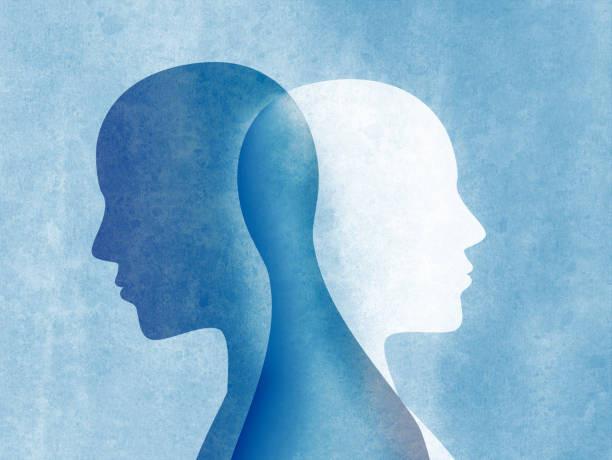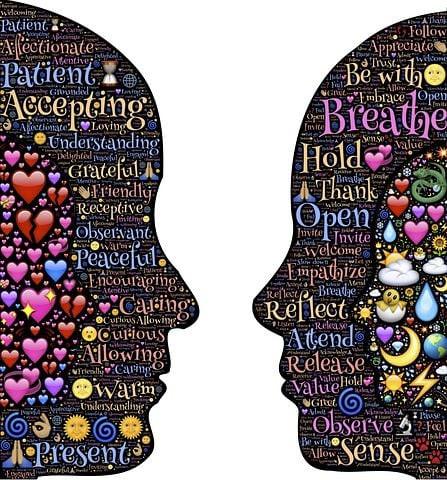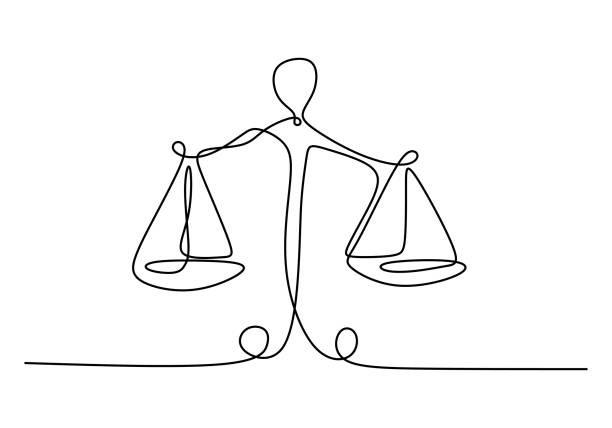How to Change Your Mind (Ep. 379 Update)
Curated from: Freakonomics Radio
Ideas, facts & insights covering these topics:
13 ideas
·8.08K reads
34
2
Explore the World's Best Ideas
Join today and uncover 100+ curated journeys from 50+ topics. Unlock access to our mobile app with extensive features.
Changing your mind comes at a cost
There are many barriers that prevent you from changing your mind: ego, overconfidence, inertia, and cost.
Politicians who change their minds lose face; family and friends who change their minds are mocked. Yet, we are encouraged to change our minds. The world can’t progress and improve unless some people are willing to change their minds.
Understanding how opinions are formed can help us to get better at changing our minds.
63
1.15K reads
It’s easier to change your mind when you're younger
We get less open to novelty as we get older. In late adolescence and early adulthood, there’s a sudden craving for novelty. By the time you’re middle-aged, you’re less likely to try anything new for the rest of your life.
There are many reasons why it is easier to change your mind when younger. It could be that your brain is more plastic then, your positions are less entrenched, so it’s less costly to change them, or that the stakes are lower - the fate of the world doesn’t rest on your decisions.
60
856 reads
Changing your mind starts with an emotional commitment
People don’t just take facts, draw conclusions from them, and then base their opinions on that. They start out with an emotional commitment to a certain idea, and then use their cognitive powers to organise facts to support what they want to believe.
We tend to see the world and cherry-pick facts that support our version of the world. It takes a really big external shock that clearly proves you’re wrong to change your mind.
62
763 reads
Every situation is different
When we talk about changing our minds, we should acknowledge that every situation is different.
There are many reasons why someone in your family holds a position you find objectionable. Maybe you think they’re ignoring the facts, or you feel their position lacks moral reasoning, or they find pleasure from an idea you disagree with, or simply hold the opposite position because it is the opposite.
58
701 reads
Invested in beliefs even if they are wrong
We can be so invested in our beliefs even if we suspect they are wrong. The incorrect ideas may actually provide some benefits to us.
For example, when an expert who has dedicated their career to a certain policy or line of thinking faces new information, they may feel uncomfortable disrupting a consensus.
56
653 reads
Overconfidence contributes to the reluctance to change our mind
Even in the absence of evidence, the belief that we are right can contribute to our reluctance to change our minds.
A study that surveyed over 200 managers at a British restaurant chain, who had detailed feedback about their performance every quarter, found that only 25 percent were accurate about the quintile of the performance distribution they were falling into. 47 percent of managers were overconfident about it.
55
547 reads
Selective memories
People who refuse to change their minds often have self-enhancing selective memories.
They remember good outcomes and tend to forget bad ones.
57
587 reads
Clear facts don't change minds
If you’re forced to give an explanation on any strong opinion you hold, you have to really understand and even confront the fact that you might not understand.
But when you give reasons, the people you try to convince may be more interested in talking about their feeling about the subject, what they like, and what they don’t like.
58
509 reads
How to change someone’s mind
It’s really hard to change someone’s mind, but if you’re going to try, you should try to get them to change their own minds by asking them to assume your perspective and explain why you might be right.
- Try to get people to step outside themselves and think about the issue from an objective perspective and disconnected from their own interests.
- Ask them to explain, not reason, the nuts-and-bolts level of how something works.
However, people often can’t explain their own reasoning. This is known as the “illusion of explanatory depth.”
69
504 reads
The “illusion of explanatory depth”
Psychologists Rozenblit and Keil asked people how well they understood how things worked. Then they asked them to explain in as much detail as they could how it works. People struggled until they realised they couldn’t. When they were asked again how well they understood, their confidence in their understanding was lowered.
The source of the illusion is that people fail to distinguish between what they know from what others know. For example, a plumber knows how a toilet works. You know the plumber or know how to find a plumber, giving you the illusion that you know how a toilet works.
68
465 reads
We are more likely to believe what other people around us believe
The solution to changing people’s minds is not to give them the necessary information. Instead, we depend on others and hold our beliefs because the people around us have those beliefs.
Even if people with opposing views have the same information, they might have different experiences in their past, different influences, and will interpret the exact same article differently depending on what their initial position was.
56
458 reads
Holding extreme views
Well-educated people who consume a lot of information tend to hold disproportionately extreme views, possibly because they’re good at seeking out information that confirms their prior knowledge and ignoring information that might run counter.
63
451 reads
The antidote to inflexible thinking is balance
Many people are bad at creating diverse, well-balanced networks. They struggle to listen to opposite voices and change their minds.
One reason is that we are hardwired to divide the world into "us" and "them's." And not to be like the "them's".
- Studies show that the best way to turn "them's" into "us's" is to take somebody else's perspective. Try to go through what somebody else's rationalisations are.
- Individuate somebody. Do they like the same pets you do? Do they love their kids like you or sing lullabies to them?
- Give people enough contact around a shared goal, and they'll turn into "us's".
60
437 reads
IDEAS CURATED BY
Michael Frost's ideas are part of this journey:
Learn more about podcasts with this collection
Effective note-taking techniques
Test-taking strategies
How to create a study schedule
Related collections
Similar ideas
4 ideas
Why do we find making new friends so hard as adults?
theconversation.com
4 ideas
Gossip Is a Social Skill, Not a Character Flaw
psychologytoday.com
11 ideas
10 Reasons Why You Fail
markmanson.net
Read & Learn
20x Faster
without
deepstash
with
deepstash
with
deepstash
Personalized microlearning
—
100+ Learning Journeys
—
Access to 200,000+ ideas
—
Access to the mobile app
—
Unlimited idea saving
—
—
Unlimited history
—
—
Unlimited listening to ideas
—
—
Downloading & offline access
—
—
Supercharge your mind with one idea per day
Enter your email and spend 1 minute every day to learn something new.
I agree to receive email updates






